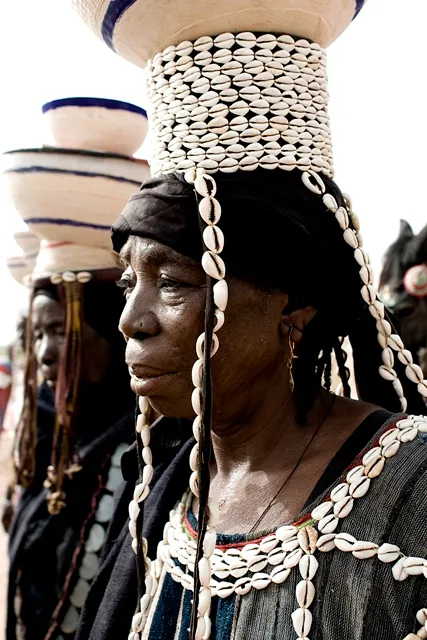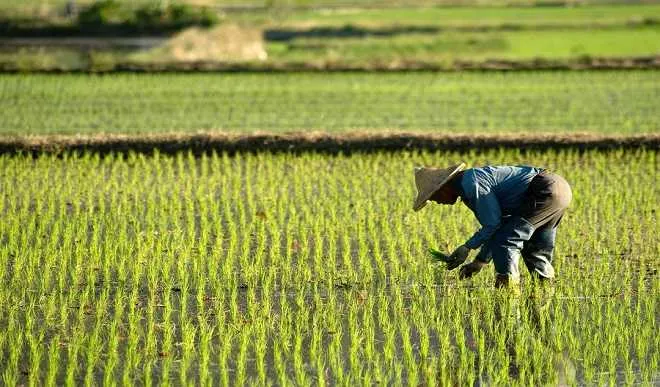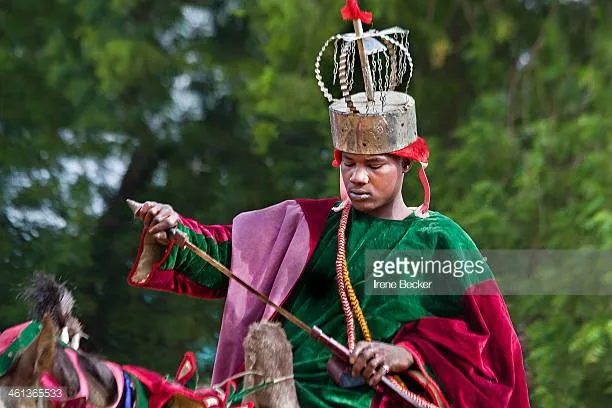
Sharing Nigeria's north-western fringes with Sokoto state from which it was created in 1991, Kebbi state is one of the 19 northern states that make up the Nigerian federation. With its capital at Birnin Kebbi, Kebbi state is an important cultural and historical centre, and is said (in Hausa folklore) to have been founded by one of the great progenitor Bayajidda's illegitimate’ sons. The ancient Kebbi was thus listed as one of theBanza Bakwai’ (illegitimate Seven) and not one of the frontline seven city-states of the Hausa Kingdom before the era of the Sokoto Caliphate.
Ancient histories aside, Kebbi state is no less prominent than any of its neighbours: Sokoto, Zamfara, and Niger states. Kebbi state covers an area of about 37,000 square kilometres; making it Nigeria's 10th largest in terms of land area, and it is one of only two states in the federation with multiple international borders (with the Republics of Niger and Benin) on its western flank. The state is divided in 21 Local Government Areas: Aleiro, Arewa Dandi, Argungu, Augie, Bagudo, Birnin Kebbi, Bunza, Dandi, Fakai, Gwandu, Jega, Kalgo, Kobo/Besse, Maiyama, Ngaski, Sakaba, Shanga, Suru, Wasagu/Danko, Yauri and Zuru.

Kebbi state is predominantly populated by Hausa Muslims; a direct result of its proximity to Sokoto the seat of the Caliphate, though several relatively smaller ethno-linguistic groups such as the Acipa, Boko, Shanga, and Zarma, also inhabit the state. There are four emirates in Kebbi: Gwandu, Argungu, Yauri and Zuru, established during the reign of Sokoto. The emirates are headed by Emirs who, supported by their councils and district heads, serve as the advisers to the government on traditional matters.

Matters of state are however handled by the democratically elected Governor, and the State House of Assembly.
Kebbi state's economy is largely agro-based. Crops like rice, millet, guinea corn, wheat, soya beans, groundnuts and cotton are grown in large quantities in the state, as are a variety of fruit, as well as ginger, sugar cane, and tobacco. Kebbi is also famous for pottery, leather work, calabash carving, bead making, and a number of other crafts.
